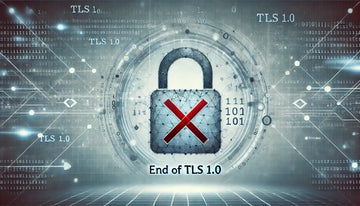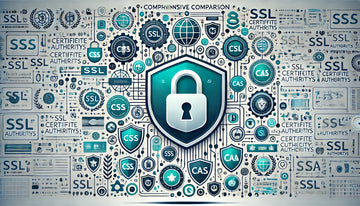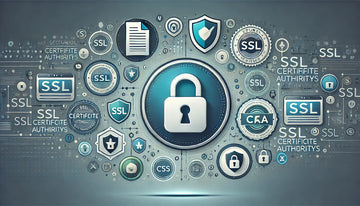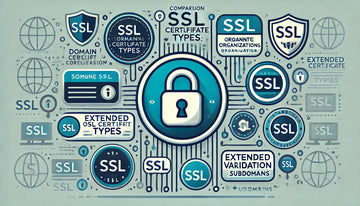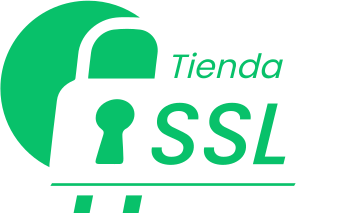Personal blogs and non-commercial websites have proliferated on the web in recent years. Many of these sites are laborious passion projects, aimed at sharing knowledge, personal experiences or creativity. While it is common to think that online security is an exclusive concern of commercial websites, the implementation of SSL (Secure Sockets Layer) can greatly benefit blogs and personal websites. In this article, we will explore why even non-commercial web projects can benefit from SSL for user security and trust.
What is SSL and why is it important?
SSL is a standard security protocol that is used to encrypt communication between a web browser and a server. This means that when a visitor accesses a website, the data that is transmitted between your browser and the server is encrypted and become inaccessible to unauthorized third parties. SSL is indicated in the browser address bar by means of a padlock and the prefix.https://, indicating a secure connection.
Here are some key reasons why SSL is important, even for personal websites and blogs:
1. User Data Protection
Although a personal blog may not collect financial information, it may still require visitors to enter personal data such as names and email addresses when leaving comments or subscribe. SSL protects this data from possible attacks by cybercriminals.
2. Trust of the User
The presence of SSL on a website creates trust among visitors. When users see the lock andhttps:// in the address bar, they know that their connection is secure and that the site cares about their privacy and security.
3. Improvement of Search Positioning (SEO)
Search engines like Google value online security. Websites using SSL tend to rank higher in search results, which can increase the visibility and traffic of a personal blog.
4. Avoid Navigation Safety Warnings
Modern browsers display security warnings to visitors when accessing unsafe websites. This can scare users away and have them leave the site. SSL avoids these unwanted warnings.
5. Protection against Intermediary Attacks
Without SSL, the attackers could intercept communication between the user's browser and the website's server, which could lead to data manipulation or injection of malicious content. SSL protects against these attacks.
6. Standard Compliance
In some cases, depending on the location and nature of a personal website, you may need to comply with privacy and security regulations. The implementation of SSL can help meet these requirements.
How to Implement SSL on a Blog or Personal Website
Implementing SSL in a blog or personal website is easier than it seems. Here are some basic steps to do this:
1. Get an SSL Certificate
You can get an SSL certificate from a trusted certification authority or, in many cases, through your web hosting provider. Some web hosting providers offer free SSL certificates.
2. Settings in the Server
Follow the instructions provided by your web hosting provider to configure the SSL certificate on your server. This usually involves installing the certificate and the web server configuration to use HTTPS.
3. Update of Internal Liaisons
Make sure that all internal links on your website use "https" instead of .http://. This ensures that all pages are loaded safely.
4. Update of Joint Content
Check that there is no mixed content on your website, which means that all items, such as images and scripts, are uploaded through HTTPS instead of HTTP.
5. Security test
Perform thorough testing to ensure that the SSL certificate is working properly and that there are no security problems on your website.
Conclusion
Online security is important to any website, regardless of its purpose or size. Personal blogs and non-commercial websites can also benefit from the implementation of SSL. In addition to protecting user privacy and data, SSL contributes to visitor confidence, improves SEO and ensures a secure and reliable online experience. Therefore, if you own a personal blog or non-commercial website, consider the implementation of SSL as an investment in the security and quality of your site.








